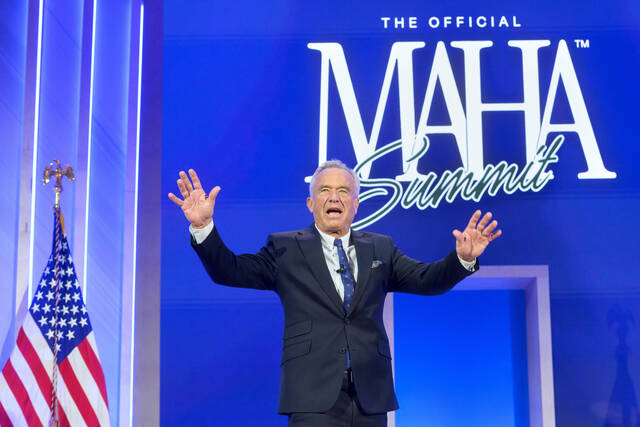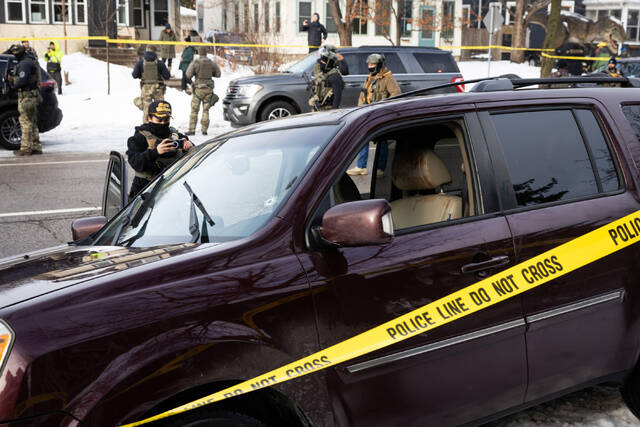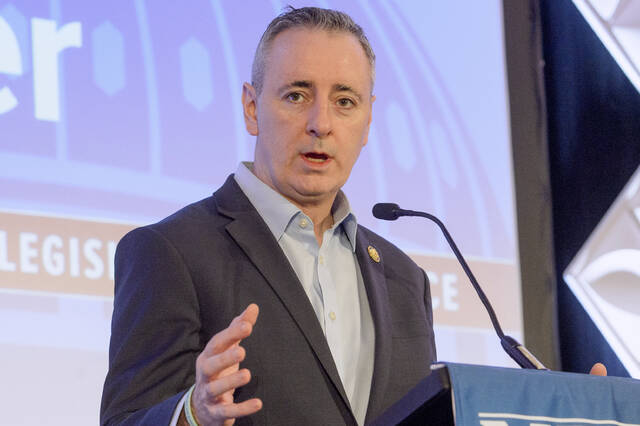America is a relatively young country. At just 248 years since announcing our debut as an independent nation with the Declaration of Independence, we are relative children on the world stage.
Let’s look at the other permanent members of the United Nations Security Council — a good starting point for looking at world powers.
While the People’s Republic of China dates only to 1949, the nation itself has been a civilization for 5,000 years. Russia might have pulled itself from the ashes of the USSR in 1991, but the country first formed itself more than 1,100 years ago. The United Kingdom has been a work in progress since 1066 and France since 843.
You would think with that kind of age difference, the United States would be downright nimble in comparison to her stuffy, elderly counterparts.
This year’s elections are saying something different.
We could start with Vladimir Putin’s election to a fifth term as president in March, but that unsurprising development was more performance than process for a country in the claws of a dictator.
But then in May, U.K. Prime Minister Rishi Sunak called for an election to take place July 4. He should have consulted a history book. He might have discovered that’s a bad day for Tories to retain power. Barely six weeks later, Sunak was out of a job as Brits opted for the Labour Party and handed the reins to Sir Keir Starmer. The election ended 14 years of Tory rule.
Three days later, the French legislative elections concluded. The French process takes two rounds, not unlike an American primary and general election. The process just happens days apart rather than over months. President Emmanuel Macron called for the snap election — one earlier than scheduled — when the legislature was dissolved amid lack of a majority.
That happened June 9. The first round of elections occurred June 30. The second ended July 7. In the highest turnout in 27 years, voters kept far-right National Rally candidates from gaining control. The situation remains unresolved as no party emerged with a clear majority.
In the space of two months, two of the most powerful countries in the world made quick, decisive change. Incomplete, yes, but action was taken, the people stepped up, and no one said, “I’m sorry, but we need months or years to make a decision.”
But in America, the four years between presidential elections have bled into eight years of the same rhetoric with the same candidates.
We have argued about who is too old, who can do the job, who is going to prison, who should be constitutionally barred and more.
There are those who say there is not enough will to remove Donald Trump from the GOP ticket despite his convictions in New York and his pending cases in Georgia and federal courts. Those conversations were barely entertained over the months of the Republican primary.
There are likewise those who say there is not enough time to think about changing the Democratic ticket, replacing President Joe Biden after a debate performance even he admits was bad. This is arguably just as bad as the Republican failure to budge, considering there really was no Democratic primary process.
The November elections are a train wreck we have watched in slow motion for four years, all the while lamenting their inevitability.
Polling shows Trump ahead at the moment, but not by much. Calls continue to mount for Biden to step out while speculation about a replacement is juggled, with Vice President Kamala Harris shown nipping at Trump’s heels in places. But the polling we have spent months ignoring is the polling that says what people really want: two different candidates.
America is the young, nimble nation in a world of fuddy-duddies. But how can we continue to say that if European counterparts with centuries on us are able to change their directions in weeks when we can’t do it in years?








